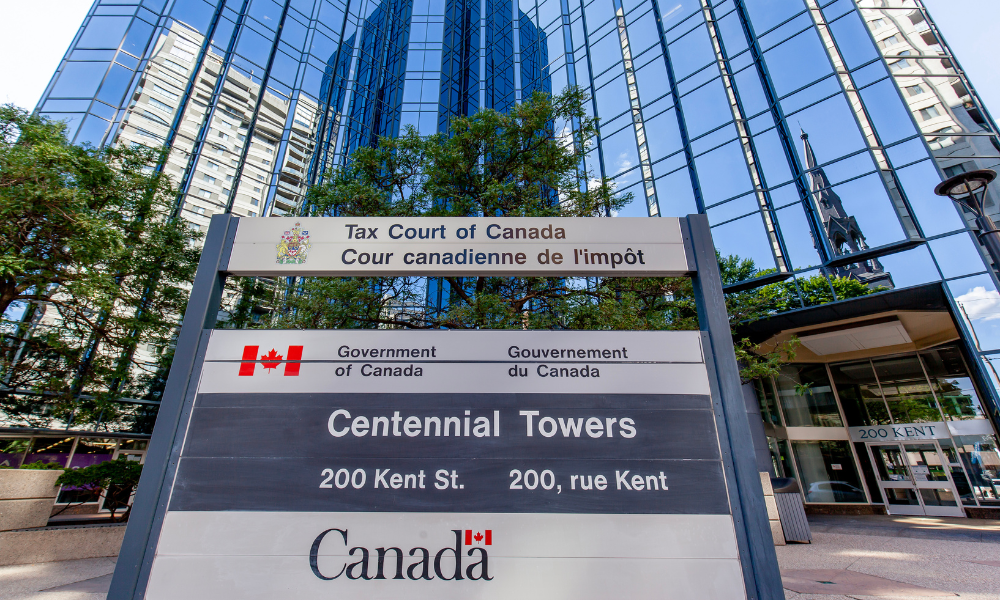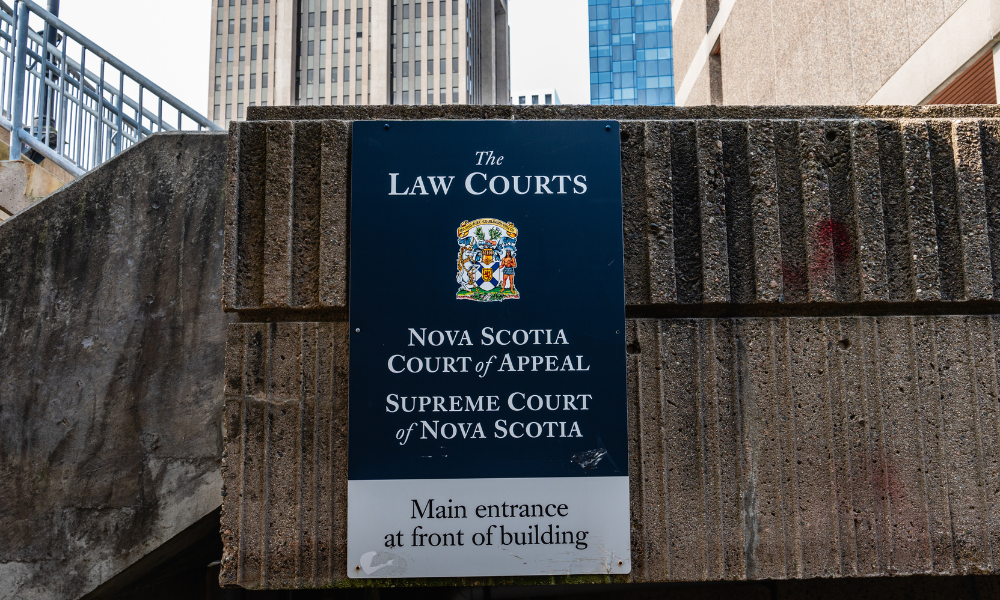Two women with spousal relationships with the deceased each entitled to half his estate: case

In a case involving a “secret family,” the BC Supreme Court has confirmed that a deceased person can have more than one concurrent spousal relationship at the time of death.
James Zaitsoff, shareholder with Owen Bird Law Corporation, wrote case commentary for Boughton v Widner Estate, 2021 BCSC 325 in BC. Estate Litigation Blog. Though the issue of multiple spouses will only arise in rare circumstances, solicitors handling estate planning, estate administration or estate litigation should be aware of this possibility and should make the necessary inquiries because the existence of a second spouse will have important implications in each of these areas, Zaitsoff says.
The issue of multiple spouses may also appear more frequently before the courts given the evolving structure and composition of families, Zaitsoff says. “More complicated family structures tend to invite more conflict. For example, blended families have resulted in considerably more estate litigation.”
In the Boughton case, the deceased, who was killed in a homicide in March 2017, did not leave a will. Before he died, he worked at numerous enterprises and regularly alternated between two separate households. He was married to the defendant, with whom he had two children born in 2005 and 2006, and lived with her first on Tugwell Road, then in Eaglecrest. He was also in a marriage-like relationship of at least two years with the plaintiff, with whom he had two children born in 2014 and 2015, and lived with her at different rental properties since 2009.
While the defendant did not know about her husband’s relationship with the plaintiff, the plaintiff knew that the deceased was married but believed him when he said he would eventually divorce his wife and marry her afterward.
The Supreme Court of British Columbia declared that the plaintiff was a spouse of the deceased under the Wills, Estates and Succession Act, SBC 2009, c. 13 and that her two children were the children of the deceased. The plaintiff and the defendant were each entitled to half of the deceased’s estate.
The court noted that, because the defendant and the deceased were not separated at the time of death, no event occurred under the Family Law Act, SBC 2011, c 25 to cause his interest in the property in her name to arise. The court also noted that the parties admitted that the plaintiff and the deceased were in a marriage-like relationship lasting around two years.
The court said that the Legislature had debated the issue of two concurrent spouses under the Wills, Estates and Succession Act and seemingly intended to keep providing for those engaged in a marriage-like relationship with a person who was still married to someone else at their time of death.
In response to the contention of the defendant’s counsel that giving the plaintiff the legal status of a spouse would sanction polygamy and would directly contravene the Criminal Code, the court said that the criminal prohibition applies to multiple marriages or conjugal unions with more than one person concurrently but does not apply to conjugal relationships, common law cohabitation, marriage-like relationships or adultery.
“The Court also considered whether statements by the deceased were admissible for the truth of their contents,” Zaitsoff says. “Some statements in Boughton were unreliable in light of the other evidence.”










